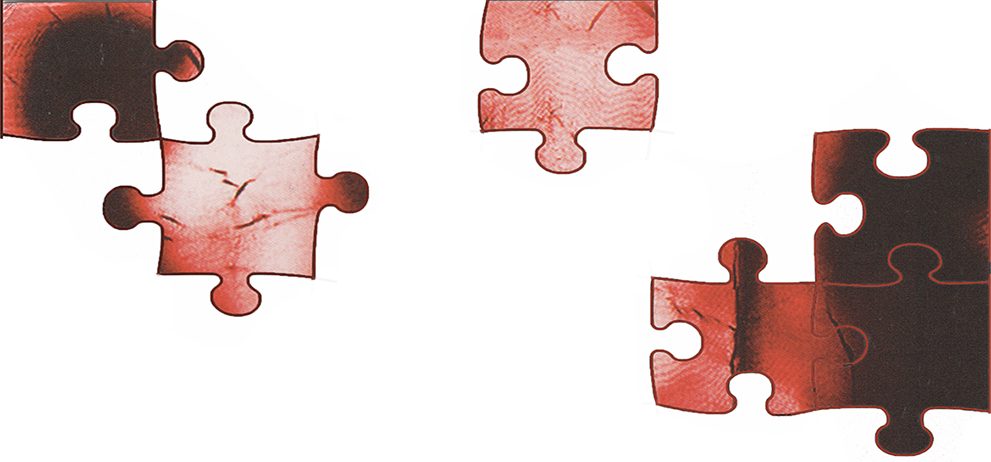
Dr. Rivka Bekerman-Greenberg is a warm and compassionate clinical psychologist, and her work is tailor made to the unique individual, providing a safe space to think, feel, wish and create new ideas.
She is experienced in a wide range of areas, including: Trauma, Depression, anxiety disorders, Difficulties in intimate relationships, psychosomatic conditions, balancing parenting with a career, empowerment of women, conflicts with authority in the work place, separation and loss, dealing with the inter-generational transmission of trauma, and struggles with creativity and writer’s block
Dr. Greenberg holds a Ph.D in Psychology from the University of London (UK), and a Certificate in Psychoanalysis from the New York University Post-doctoral Program in Psychotherapy and Psychoanalysis. She also holds a certificate in Organizational Development and Consultation from the William Alanson White Institute. Dr. Greenberg was on the faculty of Tel- Aviv University, and has been a faculty member and supervisor at the Institute for Contemporary Psychotherapy in NYC
Dr. Greenberg’s approach is psychodynamic, aiming at addressing both conscious and unconscious thoughts and feelings in order to find the underlying roots of symptoms such as anxiety and depression. Her process focuses on helping people replace old and unhealthy behavior patterns with new and healthier ways of dealing with emotions and relationships.
Psychodynamic Psychotherapy and psychoanalysis
Typically people seek therapy during a crisis, or when they have reached an impasse, feeling stuck in a relationship or a career, or suffering as a result of unfulfilled ambitions and an inexplicable yearning.
Dr. Greenberg equates the therapeutic process to working on a unique puzzle: each person enters therapy knowing many pieces of their life story, but with the help of the therapist they gradually become able to integrate the pieces into a whole. This process of discovery while painful at times, can also be comforting, empowering, creative and even exhilarating. It leads to the development of a new self awareness, to new insights into past experiences, to the exploration of new choices and opportunities, and to a new sense of autonomy, resilience and hope. Similarly in Couples’ therapy the puzzle is an old “dance” between the partners, which has become dissatisfactory. Once they become fully aware of the steps of the “dance”, they are in a much better position to transform their relationship to a happier one.
Some patients become interested in working more intensely, which typically involves meeting more frequently than once a week. At that point psychodynamic psychotherapy turns into psychoanalysis. It enables a patient to examine unconscious processes such as transference more closely.
